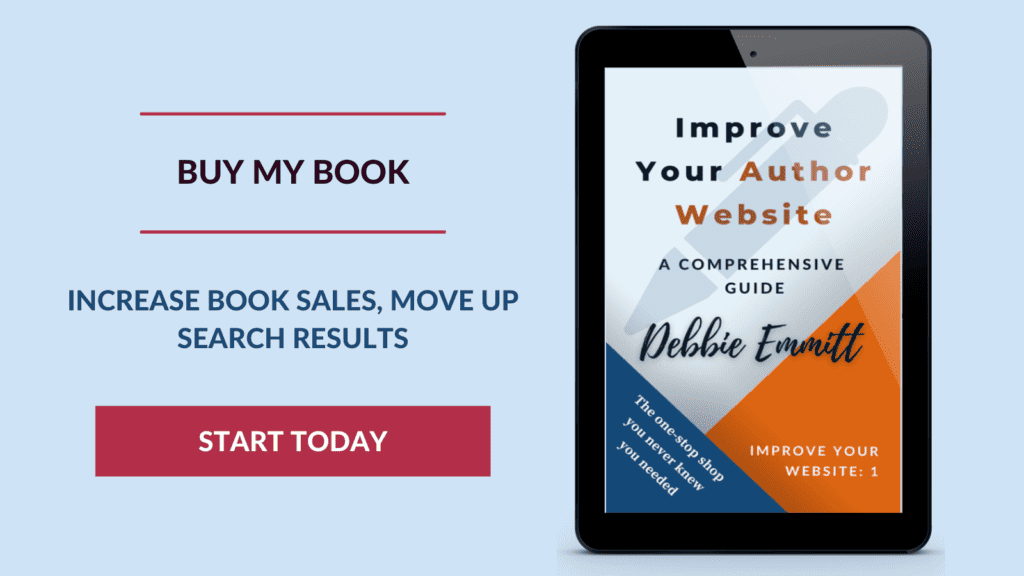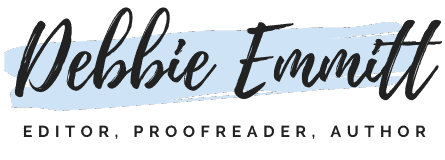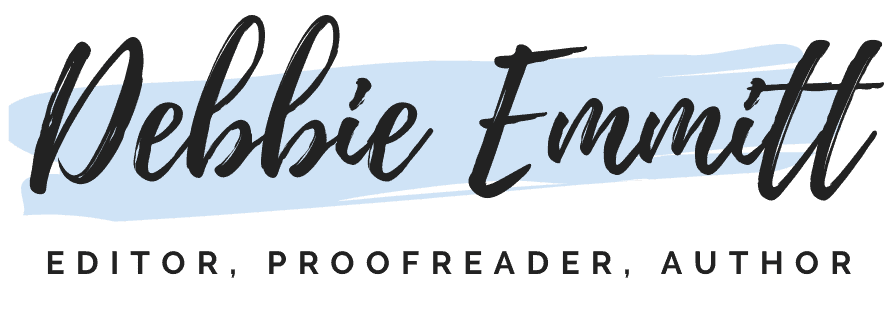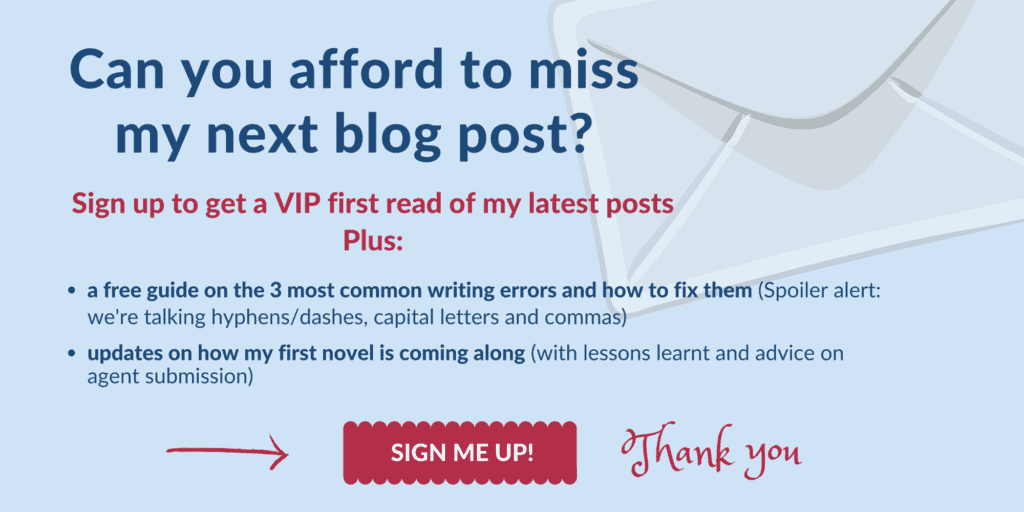
Your author About page is a chance to engage new readers and wow existing fans. But how do you tell your visitors about yourself in a unique, captivating way?
The author bio page is not a throwaway section of your website. It is often the first page visitors go to after the homepage, so don’t waste the opportunity to sell yourself and your work. Find time to make your About page shine.
1. Don’t just copy and paste
You may already have a short, medium and/or long version of your author bio for publishers, agents and the media. However, before you simply paste this onto your author About page, think about the following:
- Who is your online audience?
- Will your existing content appeal to them?
- Is it time to refresh the text, and write it with your web audience in mind?
2. Look but don’t touch
For inspiration, take a look at other author bio pages. They may have included elements of themselves you’d hadn’t thought of.
However, this approach comes with a big warning sign: make sure your own personality shines through. This leads us nicely on to the next point…
3. Be different, but above all, be yourself
Your individuality and writing style are your unique selling points. Don’t hide them beneath formal content that reads the same as everyone else’s bio page.
Your individuality and writing style are your unique selling points. Share on XYou are a brand. This encompasses everything about your public persona, including how you choose to present yourself to the world, your web content (text and images) and the look and feel of your website.
Your author About page needs to reflect this brand, so bear that in mind when writing the copy and choosing images.
4. Show them what you look like
People will feel more engaged with you if they can see what you look like, so include a photo of yourself on your About page.
Professional or home-spun?
Smartphones can take professional-looking photos so if you’d rather not splash out on a professional mugshot, try to capture a good replacement using your own tools at home.
However, a professional photo will always be the best option if you want to go for a super-sleek, top-of-the-range look on your author About page.
Smiling or serious?
If you are smiling in the photo, this will endear your visitors to you, but depending on your genre, you may or may not want this look. If you write horror or murder mysteries, you may prefer to look intriguing or serious. Just be aware that too serious a look may alienate some visitors.
You could do some user testing with a selection of images to see what people prefer. Why not ask your email subscribers (if you have a mailing list) to choose their favourite headshot?
Consistency, consistency, consistency
Use the same photo of yourself across all your media outlets (Facebook, Twitter, book jacket) to ensure consistency of brand.
Be sure to update the photo every few years, so your online presence remains current.
5. Don’t forget you’re an author
Rather than droning on about your college degree and how many pets you have, why not draw on aspects of your life and hobbies that coincide with your writing style and content? This will have the double-edged approach of allowing people to learn a bit about you while marketing your books at the same time.
Obviously, if your writing centres around an education setting or animals, then your university years and your menagerie of pets may be just the things people want to know about!
Your author About page is part of your brand. Don't drone on about your college degree or how many pets you have, unless this is relevant to your writing. Share on XRemember, this is your author bio page, not your personal bio page. It is part of your brand, so ensure everything you write is with your readers in mind.
Even if you aren’t yet published, there is still plenty you can say about yourself and your work in progress. You can talk about why you chose the genre/s in which you write and the inspiration for any short stories you may have completed.
Think about what you want to know about your favourite authors.

6. First person or third person?
There’s no hard and fast rule to this. The advantage of writing your About page in the first person is that it’s more personal, more immediate for the reader. Writing it in the third person allows visitors (e.g. media, event organisers etc) to copy and paste the text if they need a description of you.
Some authors provide a choice, for example, Gretchin Rubin.
If writing in the first person, make sure it matches your author ‘voice’. If in the third person, it can be a little more detached.
REMEMBER: If you’re using the first person, don’t call your About page ‘About the author’ or ‘About Debbie’. If you’re using the third person, don’t call it ‘About me’. The page title and the style of content must match!
7. What to include on your author About page
You don’t have to include all these elements, but consider the following:
- The genre/s in which you write
- Any awards or accolades you’ve received for your writing
- How many books you’ve written (with links to more information)
- Relevant background experience related to your writing (e.g. time spent in other countries, your education or career)
- Any interesting facts about yourself, such as unusual pets or intriguing hobbies
- Photo of yourself
- Call to action, such as a link to a webpage about your work or latest book
8. What NOT to include on your author About page
Imagine standing in the central shopping area of your hometown and shouting the words from your author About page into a megaphone. Would you mention any of the following?
- Personal contact info, such as home address, phone number or personal email address
- Private info that could be used by hackers or identity thieves, such as pet names, mother’s maiden name, your birthdate (year is fine, maybe even month but certainly not the whole thing) and other personal data
- Boring details such as a lengthy description of your university education or how your cat loves to snuggle up with you and she is so cute and fluffy and you can’t live without her, oh, and she adores those little fish-shaped treats
- Over-sharing, such as how much you like to drink at the weekend or private details that you wouldn’t want strangers to know
What’s next
Take a look at my About page. If you spot anything you think I can improve, let me know!
Drop a comment below with a link to your author About page, so we can see how you do it! We’re all friends here, so even if you aren’t happy with your bio content and would like some feedback on how you can improve your page, let me know in the comments.
If you’re not ready to share your own About page yet, let us know if you have come across a great example of another author’s bio page. Every bit of inspiration is welcome!
Remember: I offer a web text editing and a website proofreading service. Give me a shout if you want to find out more!









Leave a Reply